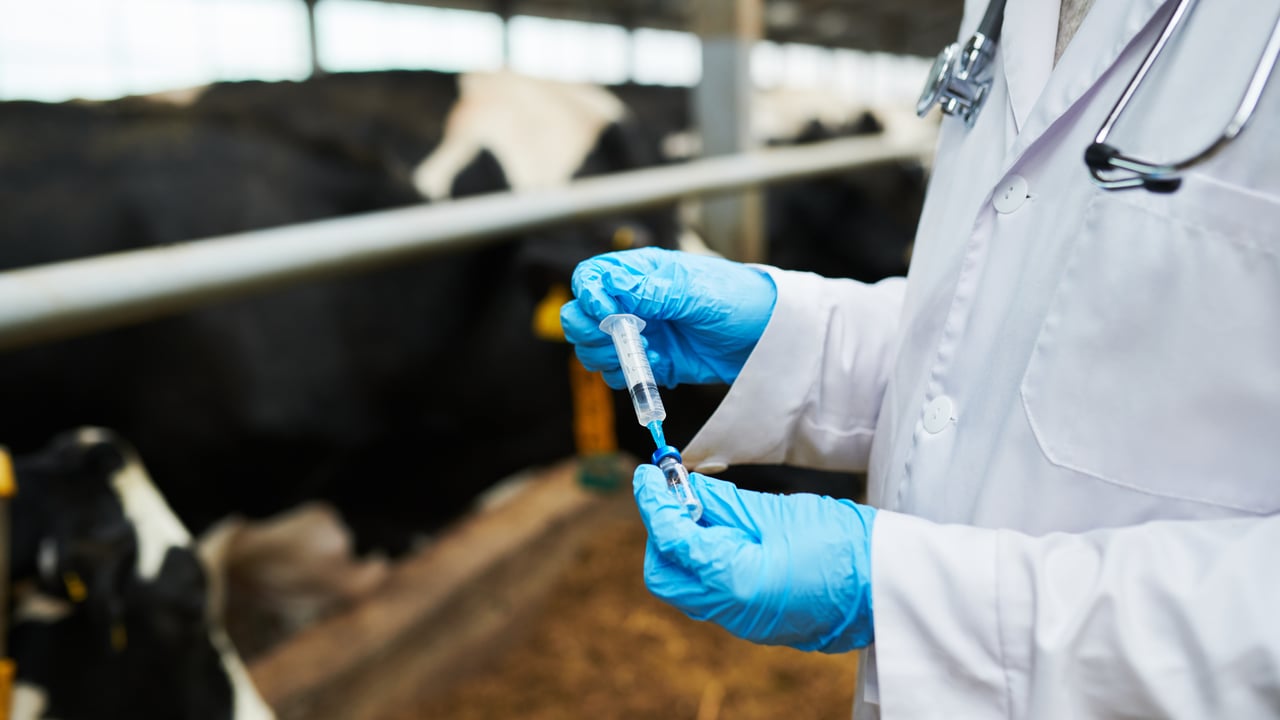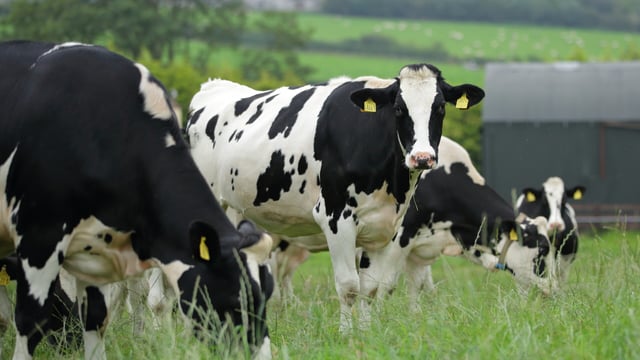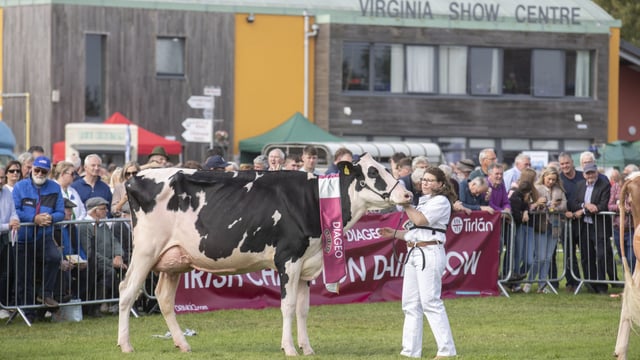Ensuring vaccine availability 'vital' as demand 'highly likely' to rise in coming months
Vaccine availability must be prioritised as the autumn season approaches, the Irish Creamery Milk Suppliers' Association (ICMSA) has said.
Vaccination remains one of the most cost-effective methods to reduce disease within herds and offers optimal protection when administered correctly, the association highlighted.
“It not only safeguards the health of individual animals, but also strengthens the resilience of entire herds," ICMSA deputy president Eamon Carroll said.
Carroll said that supply chains for certain vaccines had been uncertain and prone to availability "glitches" in recent years.
He said that anything that mitigated against farmers maintaining their vaccination programmes to safeguard herd health was to be "rejected", and he advised farmers and veterinarians to contact the Department of Agriculture immediately if they encounter any shortages.
“ICMSA thinks it’s highly likely that demand will rise in the coming months, so it is vital that supply is available and accessible to meet this need," Carroll added.
"The department needs to be looking at this right now and getting rid of any supply issues that could undermine herd health."
The ICMSA also recently advised farmers on bluetongue virus, urging them to be extra vigilant due to an increased risk.
The chair of the association's livestock committee, Michael O'Connell said Ireland is currently one of the only countries in the EU that is free from bluetongue.
O'Connell said that the Department of Agriculture is "doing everything possible" in relation to the virus.
The department is running monitoring programmes across the southeast to ensure that any suspect case or fallen animal with unknown causes is being tested.
“Our colleagues in Northern Ireland have been able to access a vaccine for the most common known strain of the virus, BTV 3 since late July, but it is currently unavailable in the Republic of Ireland," O'Connell said.





